This article was medically reviewed by Erik Kramer, DO, MPH. Dr. Erik Kramer is a Board-Certified Primary Care Physician at the University of Colorado. With over 15 years of experience, his clinical interests include obesity and weight management, diabetes care, and preventive care, as well as embracing a holistic approach to primary care. He received his Doctorate in Osteopathic Medicine (D.O.) from the Touro University Nevada College of Osteopathic Medicine and completed his residency at Central Maine Medical Center. Dr. Kramer is a Diplomate of the American Board of Obesity Medicine.
There are 16 references cited in this article, which can be found at the bottom of the page.
This article has been viewed 27,543 times.
Increasing your adiponectin may help regulate your metabolism and your body's ability to process sugar, which could in turn help you drop excess weight more quickly. We'll walk you through some simple lifestyle changes that could boost your adiponectin levels.
Steps
Making Lifestyle Changes
-
1Swap unhealthy fats for avocados, nuts, and fish. Diets high in saturated fats may contribute to decreased levels of adiponectin, so avoid red meat, fatty fried foods, and sweets.[1] Instead, choose foods that contain healthier fats, such as avocados, olive oil, macadamia nuts, salmon, and trout.[2]
- Salmon, trout, and other fatty fish are rich in omega-3s, which could help increase levels of adiponectin.[3]
-
2Go for whole grains, fruits, and vegetables. Modifying your diet can help you lose weight, which increases adiponectin levels. Fiber-rich whole grains and a vegetable-based diet improve blood levels of adiponectin and are great for your overall health.[4]
- Instead of snacking on chips, candy, or cookies, have unsalted almonds, macadamia nuts, or slices of fruit with peanut butter. For side dishes, choose steamed veggies or fresh greens instead of fries. Swap sugary breakfast cereals for fortified whole grain options.
Advertisement -
3Exercise for at least 30 minutes a day. Exercising regularly stimulates the production of adiponectin. Aerobic exercise is especially important, so go for brisk walks, jog or run, and ride your bike.[5]
- There's evidence that swimming is particularly effective at increasing adiponectin levels.[6]
- Talk to your doctor before starting a new exercise routine, especially if you have a history of heart or joint issues.
-
4Try drinking coffee or tea daily. People who drink caffeinated beverages every day have higher adiponectin levels. While you should think of caffeine as potentially beneficial instead of an absolutely healthy choice, you could try drinking 2 to 3 cups of coffee or tea per day.[7]
- Make sure consuming more caffeine won't affect any medications you take or have any other negative effects on your health.
- Remember to keep your sugar and fat consumption in check. Avoid loading up your coffee or tea with heaps of heavy cream or spoonfuls of sugar.
-
5Try exposing yourself to cold temperatures. There's evidence that sleeping in a 66 °F (19 °C) environment can increase adiponectin levels in the long-term.[8] Additionally, exposure to temperatures cold enough to induce shivering for 120 minutes might increase adiponectin in the short-term.[9]
- Cold temperatures increase levels of brown fat cells and reduce white fat cell levels. Brown fat converts energy to heat, while white fat stores extra energy. Converting white fat to brown fat can improve metabolism and increase adiponectin levels.
Trying Supplements
-
1Try grape seed extract or grape seed flour. In addition to increasing adiponectin levels, grape seed extract might lower cholesterol, help control weight, and improve your body's ability to process sugars.[10]
- A 250 mg tablet once a day is a standard dose.
- You could also try grape seed flour, which you can buy online or at health stores. Look for recipes online, and use it to make bread, muffins, crackers, and other baked goods.[11]
-
2Take fish oil or an omega-3 supplement. Omega-3 fatty acids moderately increase levels of adiponectin in the bloodstream. They can also increase insulin sensitivity, which helps your body process sugars. Try taking a 500 to 1000 mg daily dose of fish oil or omega-3 supplement.[12]
- You could also get your omega-3s by eating more fatty fish.
- While fish oils may help improve your adiponectin levels, they don't work the same way for everyone. You may not get the results you want. However, since fish oils are generally safe and may benefit your health, there's no harm in trying them.
-
3Try taking raspberry ketones. There isn't much research on raspberry ketones, but taking a daily dose might help increase adiponectin levels. It's available in 100 to 1000 mg pills; try taking a 500 to 1000 mg dose per day.[13]
- While the FDA (US Food and Drug Administration) categorizes raspberry ketones as safe, there haven't been many studies on its effects. To stay on the safe side, ask your doctor before taking it or any other supplement, especially if you're pregnant or take any prescription medications.[14]
Consulting Your Doctor
-
1Talk to your doctor about diabetes, obesity, and other medical issues. Low levels of adiponectin are associated with diabetes, obesity, metabolic disorders, and other serious medical issues. You should work with your doctor to treat or manage any medical condition.[15]
-
2Consult your doctor before taking a supplement. Ask your doctor about a supplement before taking it. Dietary supplements can cause adverse effects or negatively interact with prescription drugs. Tell your doctor about any medications you take or if you're pregnant, breastfeeding, or planning on becoming pregnant.[16]
-
3Discuss basal insulin treatment if you have diabetes. Basal insulin is background insulin, and diabetics usually have low levels or no basal insulin. Unlike insulin injections administered after you eat or take your blood glucose levels, basal insulin treatment involves a regular injection 1 to 2 times per day.
- Basal insulin treatment might increase adiponectin levels in diabetics and reduce the risk of long-term complications related to diabetes.
-
4Ask your doctor about emerging therapies. Synthetic adiponectin might be available as an oral medication in the near future. In combination with diet and exercise, synthetic adiponectin could help treat metabolic disorders, type 2 diabetes, cardiovascular diseases, and other medical conditions.[17]
References
- ↑ https://www.ncbi.nlm.nih.gov/pubmed/21519758
- ↑ https://www.shape.com/weight-loss/tips-plans/8-essential-fat-loss-hormones
- ↑ https://www.jstage.jst.go.jp/article/jat/17/6/17_3657/_pdf
- ↑ https://www.ncbi.nlm.nih.gov/pmc/articles/PMC4400715/
- ↑ http://care.diabetesjournals.org/content/27/2/629
- ↑ https://www.ncbi.nlm.nih.gov/pubmed/23803042
- ↑ http://care.diabetesjournals.org/content/31/3/504
- ↑ https://www.ncbi.nlm.nih.gov/pubmed/19303978
- ↑ https://www.nih.gov/news-events/nih-research-matters/cool-temperature-alters-human-fat-metabolism
- ↑ https://www.ncbi.nlm.nih.gov/pubmed/21736810
- ↑ https://www.usda.gov/media/blog/2015/11/10/discovering-health-benefits-wine-grape-seeds
- ↑ https://www.ncbi.nlm.nih.gov/pubmed/23703724
- ↑ https://www.uccs.edu/Documents/bethel/Nutrition/Raspberry%20Ketones%20handout.pdf
- ↑ https://ods.od.nih.gov/factsheets/WeightLoss-Consumer/
- ↑ https://newsinhealth.nih.gov/2013/08/should-you-take-dietary-supplements
- ↑ https://newsinhealth.nih.gov/2013/08/should-you-take-dietary-supplements
- ↑ https://www.ncbi.nlm.nih.gov/pmc/articles/PMC4420556/





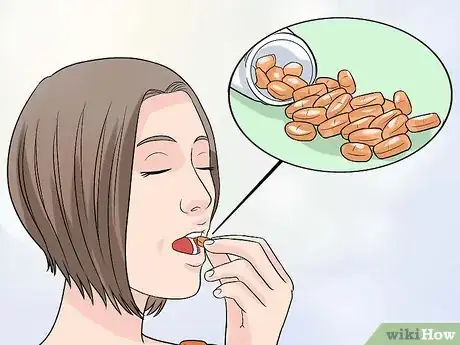

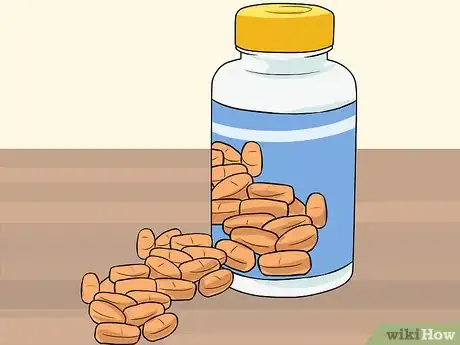


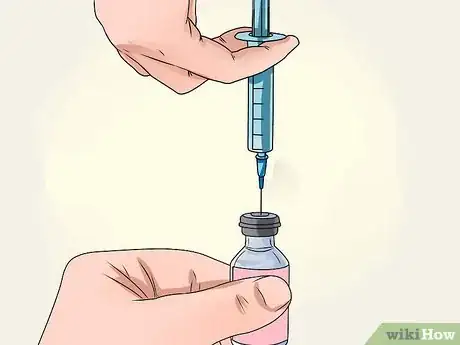














-Step-12-Version-2.webp)







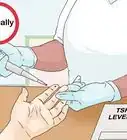
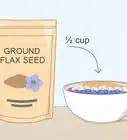





































Medical Disclaimer
The content of this article is not intended to be a substitute for professional medical advice, examination, diagnosis, or treatment. You should always contact your doctor or other qualified healthcare professional before starting, changing, or stopping any kind of health treatment.
Read More...